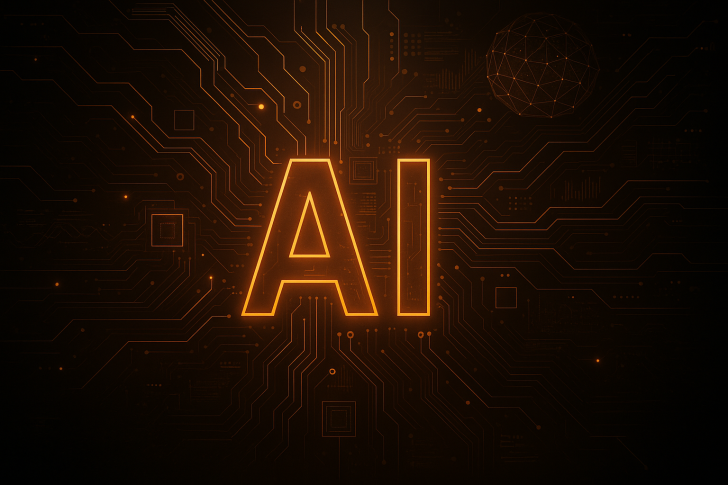● Meta's Chief AI Scientist Yann LeCun threw cold water on the rapidly growing humanoid robotics industry. Speaking at MIT, LeCun revealed what he called the "big secret" behind the humanoid robot boom: most companies building these machines "have no idea how to make their robots smart enough to be generally useful." While he acknowledged that humanoids can handle narrow, specialized tasks in industrial or manufacturing settings, he stressed that truly autonomous household or service robots remain out of reach without major AI breakthroughs.
● According to HumanoidsDaily, LeCun's main concern is that current humanoid startups lean too heavily on generative AI models that simply mimic reasoning based on text. "Even a cat understands the physical world better," he pointed out, highlighting how AI trained purely on language fundamentally lacks real-world understanding. He argued that meaningful progress requires developing "world-model planning architectures"—systems that can actually understand and predict how the physical world works through direct perception and experience.
● Haider elaborated on this, quoting LeCun's assertion that "we're never gonna get to human-level intelligence by just training on text." For AI to reach general intelligence, it needs to learn from high-bandwidth sensory inputs like video, allowing it to build genuine internal models of reality instead of just memorizing data patterns.
● LeCun's comments carry serious weight beyond academic circles. His skepticism comes at a time when investment in humanoid robot startups—companies like Figure, 1X, and Agility Robotics—has exploded, with hundreds of millions of dollars flowing in throughout 2024 and 2025. But if LeCun's assessment is right, these companies might be running into a hard technological wall: their robots can copy movements and speak, but they lack the cognitive foundation needed to adapt to unfamiliar environments or handle unexpected tasks.
● LeCun's critique works as both a scientific reality check and a market warning—pushing investors and developers to look beyond the flashy demos of humanoid robots and focus instead on the AI architectures that could actually make them intelligent.
 Usman Salis
Usman Salis

 Usman Salis
Usman Salis


